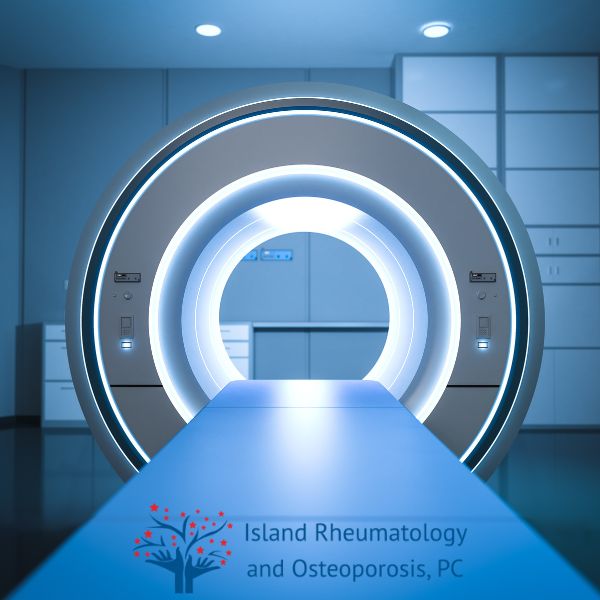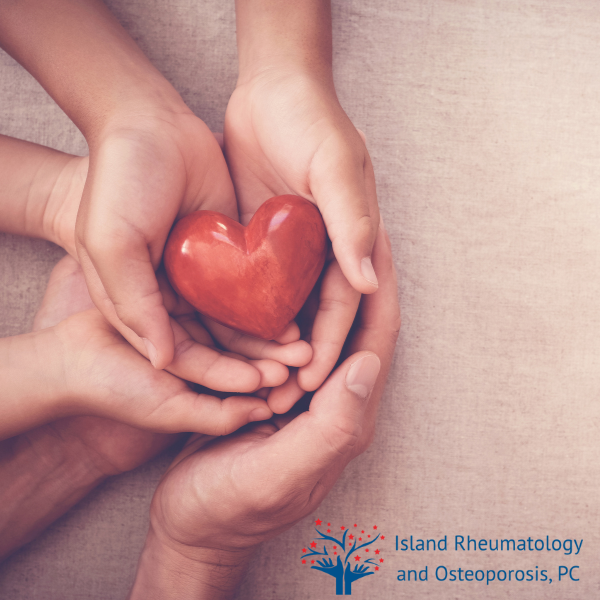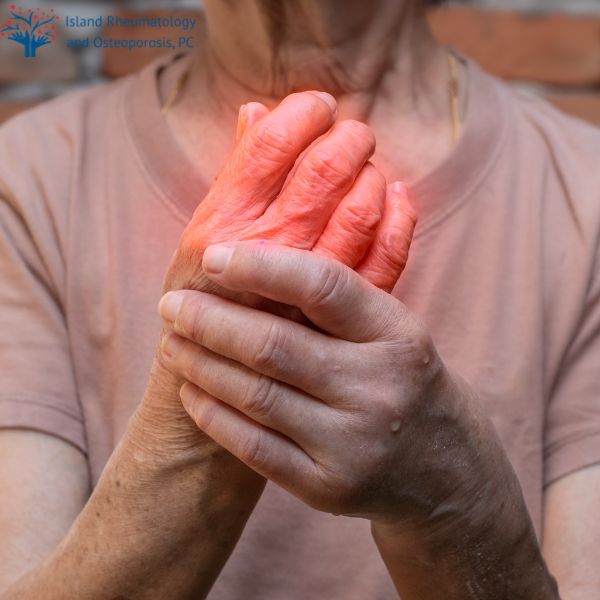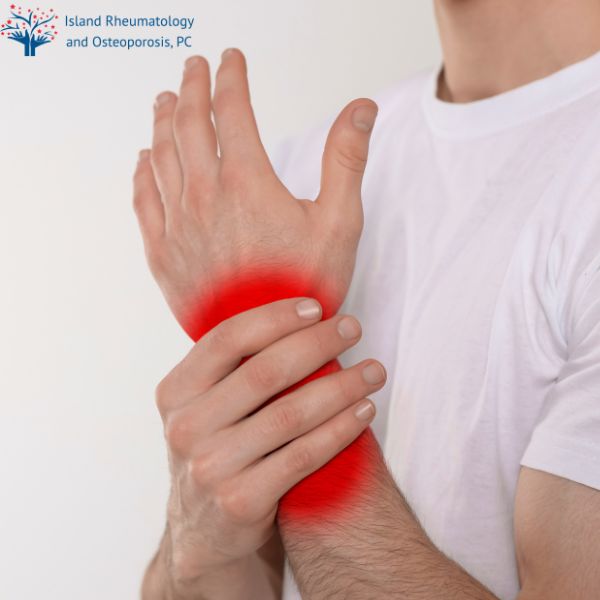12 May The Latest Advances in Rheumatology Treatments
Rheumatology has always been a field defined by its complexity, with a wide range of diseases and disorders that affect the joints, muscles, and bones. In recent years, there have been significant advances in the treatment of rheumatic diseases, offering hope to millions of patients around the world. From groundbreaking biologics to innovative diagnostic tools, these advances are transforming the...











